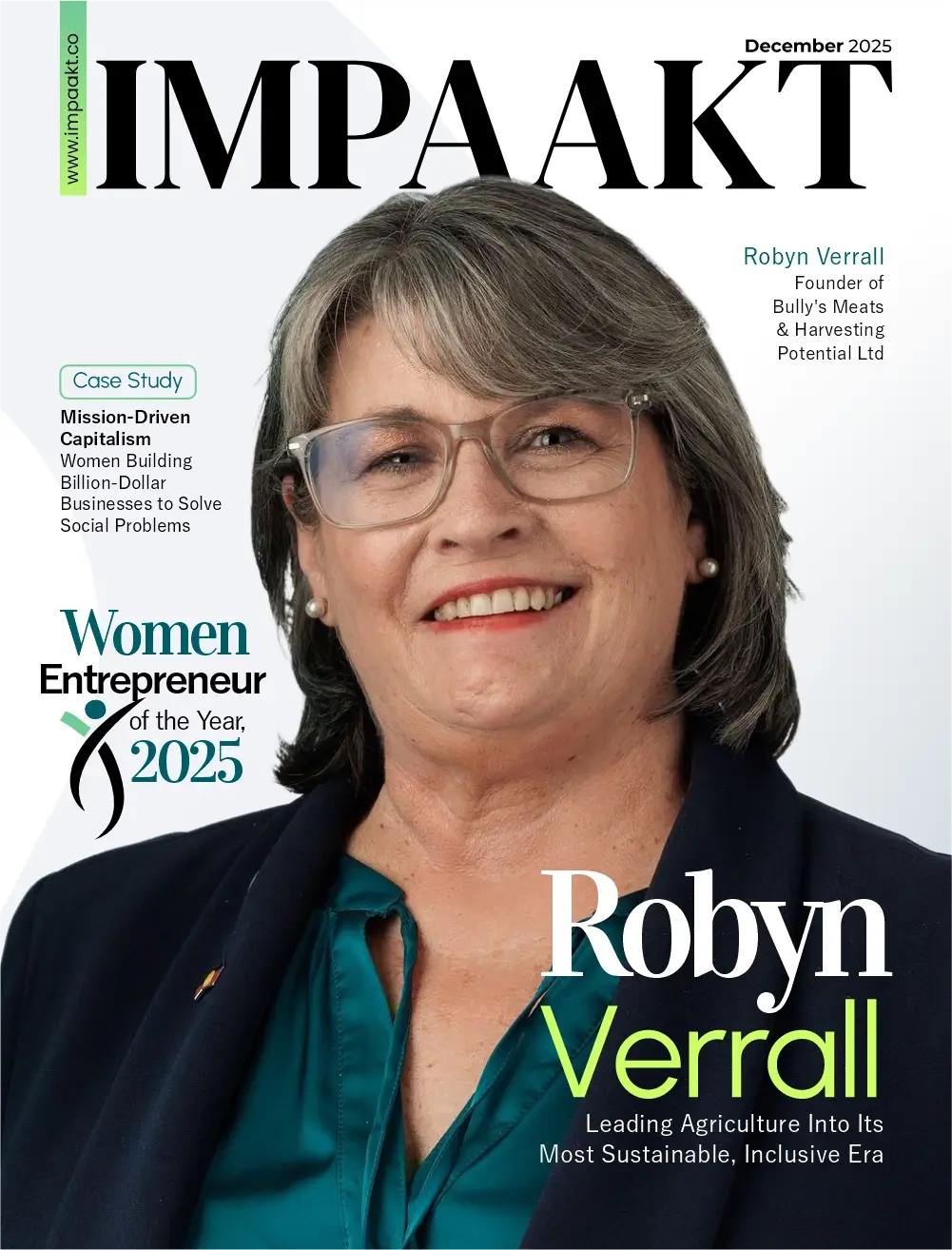The year is 2098. You’re nestled within the cozy confines of your lunar habitat, watching Earth peek through the viewport. A surge of bittersweetness washes over you. The blue marble, once vibrant and teeming with life, now wears a cloak of swirling debris – a graveyard of discarded satellites, crumpled foil packets, and remnants of countless failed space missions of Eco-Astronauts .
This isn’t a dystopian sci-fi film; it’s the terrifying trajectory we’re heading towards if we don’t change course. Every year, over 90,000 metric tons of space debris orbit our planet, a growing threat to operational satellites and future space exploration. But the real tragedy unfolds closer to home – on Earth, our landfills overflow, oceans choke on plastic, and climate change casts a long, ominous shadow.
But amidst this bleak tableau, a beacon of hope shines. Let’s call them eco-astronauts, shall we? Eco-astronauts are vanguard of Earthlings inspired by the ingenuity of their spacefaring counterparts. These modern-day pioneers are learning to live with the same resourcefulness and minimal-waste ethos as astronauts on the International Space Station (ISS).
Forget Hollywood’s portrayal of astronauts slurping Tang and tossing food packets into the void. Life on the ISS is a masterclass in closed-loop living. Every drop of water, every breath of air, every morsel of food is precious. Astronauts recycle their air and water with sophisticated filtration systems, cultivate fresh produce in hydroponic gardens, and even convert waste into fertilizer. It’s a delicate dance of life, a zero-waste waltz where resources are cherished and waste becomes transformation.
Earthbound Eco-Astronauts: Taking Inspiration from the Heavens
Here’s the good news: you don’t need a spacesuit and rocket to join the eco-astronaut movement. The technologies and principles behind this space-age ingenuity are readily available to us Earthlings. We can all become eco-astronauts, right here, right now.
- Reduce, Reuse, Recycle (and Rethink): Did you know that the average American throws away 4.4 pounds of food every day? Imagine, combined that is enough to feed millions across the globe. Reducing our consumption, planning meals to minimize waste, and embracing composting are just a few ways we can slash our footprint and turn scraps into fertile soil.
- Harnessing the Power of Green Thumbs: Picture astronaut Kate Rubins tending to her leafy oasis of lettuce and basil in the ISS’s Veggie greenhouse. You too can replicate this feat, no matter your living space. Hydroponic gardens or even a humble herb pot on your windowsill can bring fresh, local produce to your table while reducing your reliance on resource-intensive agriculture.
- H2O Heroics: Every minute, the ISS recycles 93% of its water. Let’s take a cue from this efficiency. Fixing leaky faucets, taking shorter showers, and collecting rainwater are simple yet impactful ways to conserve this precious resource.
- Energy Efficiency: Imagine the ISS, hurtling through space, powered entirely by the sun. On Earth, we can tap into this same renewable energy source with solar panels, or adopt energy-efficient appliances that sip electricity instead of guzzling it.
- Community on Our Spaceship Earth: Just like astronauts rely on teamwork and collaboration for survival, the eco-astronaut movement thrives on community. Joining neighborhood clean-up drives, supporting zero-waste businesses, and advocating for better waste management policies are all ways to amplify our collective impact.
Navigating the Earthly Frontier
Of course, the path to zero-waste living isn’t always smooth. Limited recycling infrastructure, societal norms that prioritize convenience over sustainability, and economic factors can make the journey seem daunting. But the tide is turning.
- Policy Push: Governments worldwide are waking up to the waste crisis. Countries like France and Germany are implementing extended producer responsibility programs, where manufacturers take back and recycle their products.
- Tech to the Rescue: Innovative solutions are emerging. Companies like Loop are offering refillable packaging for household products, while others are developing biodegradable alternatives to plastic.
- Shifting Mindsets: The zero-waste movement is gaining momentum. Documentaries like “A Plastic Ocean” are raising awareness, and social media communities are connecting eco-conscious individuals, fostering a spirit of collaboration and inspiration.
A Sustainable Future Takes Flight
The benefits of embracing the Eco-Astronauts lifestyle are numerous. We’ll not only improve our health and save money, but we’ll also contribute to a healthier planet with cleaner air, water, and ecosystems. It’s a win-win, a cosmic bargain where our individual actions ripple outwards, creating a future where humanity and nature thrive in harmony.
Join the Eco-Astronauts movement with IMPAAKT and help create a sustainable future—one action at a time.











